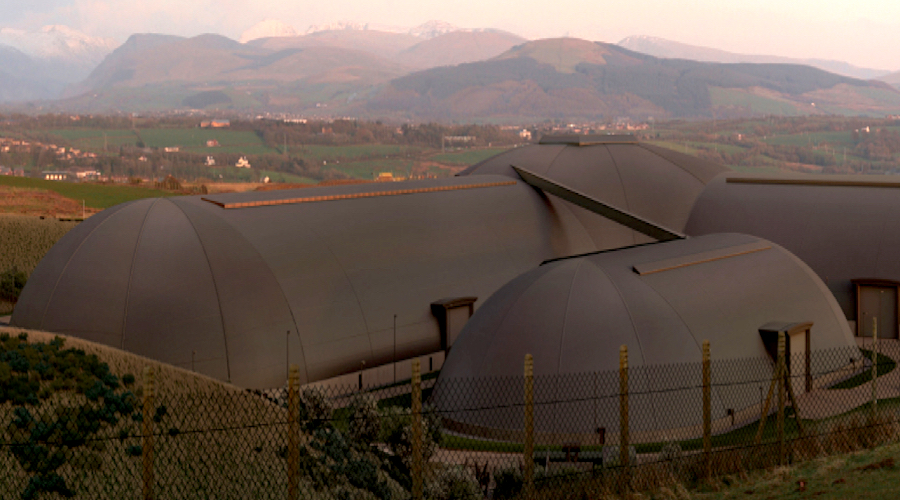
The UK government’s decision came amid pressure from its own climate change advisers, who said the mine would threaten Prime Minister Boris Johnson’s target to zero-out greenhouse gas pollution by mid-century.
Rather than handing the decision back to Cumbria authorities, ministers officially call in the controversial application last week and announced a public inquiry into the proposed mine.
Now Kwarteng, one of the most senior members of Johnson’s government, has told BBC Radio 4 that the decision to stop the project had effectively been taken.
“Initially, I think the relevant secretary of state [Robert Jenrick] said he wouldn’t go against the local planning decision, but he is now looking at that again and I think there are very compelling reasons to do as the CCC [Climate Change Committee] suggested and not open the mine.”
“How many months should it take a government that lectures others round the world on not digging new coal to realize they can’t do so themselves?”
Shadow business secretary Ed Miliband
Shadow business secretary Ed Miliband said Kwarteng had been forced to admit the UK should not be opening a new coal mine, but only because of months of pressure.
“How many months should it take a government that lectures others round the world on not digging new coal to realize they can’t do so themselves?”, Miliband said. “He must stand by what he’s said and block the mine, which was always a false solution for our steel industry and won’t deliver secure jobs.”
Greenpeace UK policy director Doug Parr welcomed Kwarteng’s comments to BBC Radio 4, adding that compelling reasons not to approve the mine had always been there. “I just don’t know why the government allowed the process to carry on,” he said.
Parr noted that approving the project would signal an increase in planet-heating emissions from the UK just when the country is trying to cut them. “It will also tarnish the government’s credibility as the host of an absolutely crucial climate summit,” he said.
Cumbria Mining’s Woodhouse Colliery project would produce as much as 3.1 million tonnes of metallurgical coal a year until 2049, one year before the UK’s deadline to reach net zero emissions. While the country plans to use some of that coal in its steel industry, 85% of it is marked for export to Europe.
In that period, the mine will provide 500 jobs, but the CCC also expects it to add about 400,000 tonnes of carbon dioxide equivalent of emissions each year.
England’s last operating deep coal mine, Kellingley, closed in 2015, and the Bradley coal mine closed last year, after almost 200 years in operation.




